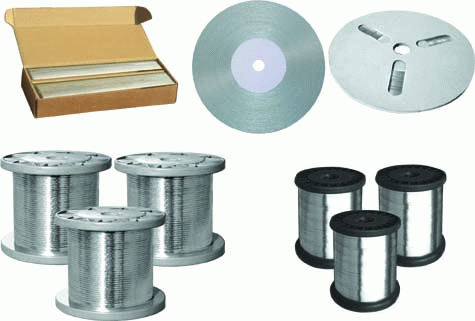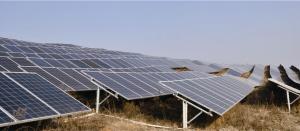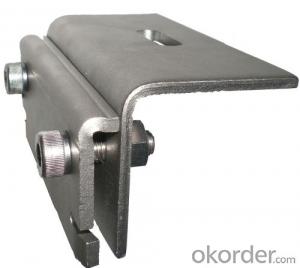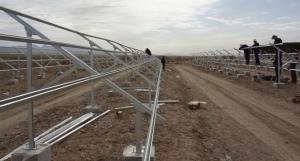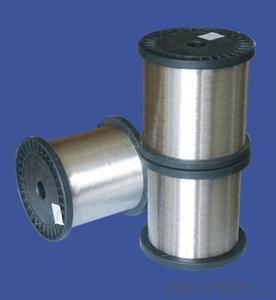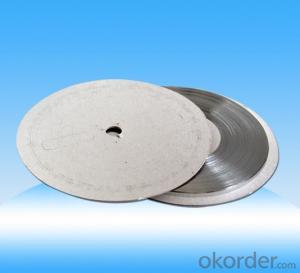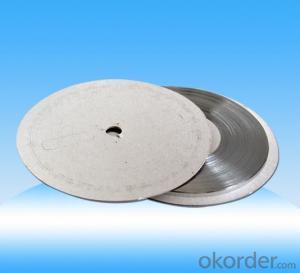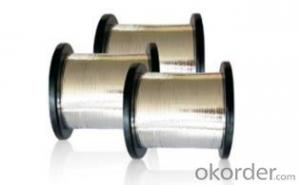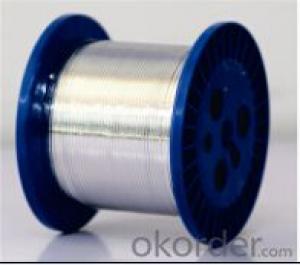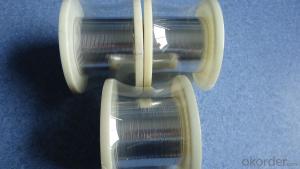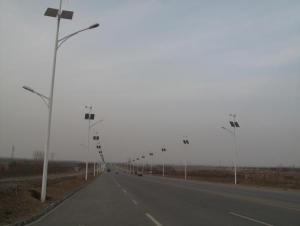Bus Ribbon -Manual Welding,TU1
- Loading Port:
- China Main Port
- Payment Terms:
- TT or LC
- Min Order Qty:
- -
- Supply Capability:
- -
OKorder Service Pledge
OKorder Financial Service
You Might Also Like
Structure
We produce custom engineered solar tabbing and bus wire helping to attain the highest efficiencies possible for each unique module design. Our Research and Development team can assist you with your needs evaluation and our world-wide manufacturing facilities are strategically located for large volume production.
Feature
The Flux should be compounded and processed in such a manner as to be uniform in quality and should be free from deleterious material and other details that will after life serviceability or appearance.
Cold Rolling Mills for manufacturing Photovoltaic (PV) Ribbon:
Cold Rolling Mills for manufacturing Photovoltaic Ribbon
This machine is for making Bare flat copper conductors which is using PV Ribbon Wire , Tinned plated flat copper conductors which is using FFC or materials and it was designed to make the best quality products with high productivity as well as easy to control.
Machine capacity
Tinned plated flat copper conductors which is using FFC
Images
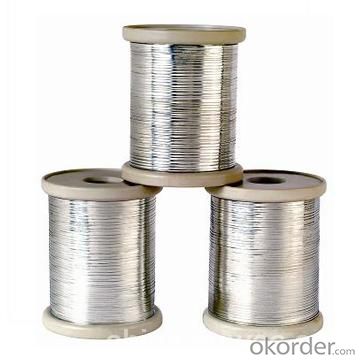
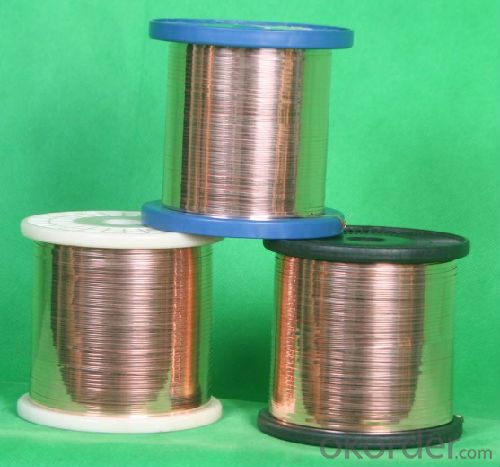
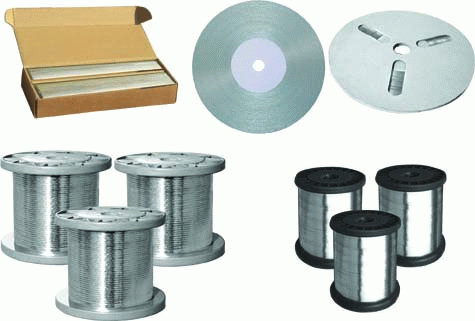
Specifications
Product Description
Mechanical Property:
1,Elongation: E-Soft≥20% U-Soft≥15%
2,Tensile strength:≥170MPa
3,Side camber: L≤3mm/1000mm
4,Soldering tin melting point: 180−230°c
Electrical Resistivity of Copper:
TU1≤0.0618 Ω • m m2/m; T2≤0.01724 Ω•m m2/m
Core Copper of TU1 Off-Cu :
1,Copper Purity 9≥9.97%, Oxygen≤10ppm
2,Resistivity:ρ20≤0.017241Ω • m m2/m
Electrical Resistivity of Ribbon:
(2.1−2.5)X10-2 • mm2/m
Plated Thickness:
15-25um per side
FAQ
Q:How to guarantee the quality of the products?
A:We have established the international advanced quality management system,every link from raw material to final product we have strict quality test;We resolutely put an end to unqualified products flowing into the market. At the same time, we will provide necessary follow-up service assurance.
Q:Can we visit your factory?
A:Surely, I will arrange the trip basing on your business schedule.
Q:Which payment terms can you accept?
A:T/T,L/C,Moneygram,Paypal are available for us.
- Q: Can a solar pump be used in areas with high electricity costs?
- Yes, a solar pump can be a cost-effective solution for areas with high electricity costs. Solar pumps are powered by sunlight, eliminating the need for grid electricity. By harnessing renewable energy, they provide a sustainable and affordable alternative, helping reduce dependence on expensive electricity sources. Additionally, solar pumps require minimal maintenance and have a long lifespan, making them a viable option for areas with high electricity costs.
- Q: Can solar panels be used for powering electric lawnmowers or gardening tools?
- Yes, solar panels can be used to power electric lawnmowers or gardening tools. By connecting the solar panels to a battery or an inverter system, the energy generated from the sun can be stored and used to power these tools. This provides a sustainable and eco-friendly option for maintaining lawns and gardens.
- Q: I have a panel that quot;deep breatheproduces at 4% efficiency, what can it power, It's about 4ft by 2ft
- confident. this relies upon and the dimensions and performance of the image voltaic panel and the capability intake of the easy bulb. in case you % consistent capability whilst the solar isn't attainable, the panel must additionally be powering a financial business enterprise of batteries and capability drawn from them. My closest publicity to image voltaic panels turn right into a neighbor who took a single one with him tenting to capability a single fan. It did an excellent activity of airing his tent throughout the day so it did no longer warmth like an oven. This turn into an application the place the capability turn into in simple terms mandatory whilst the solar turn into shining. evaluate to windmills initially put in to pump water for livestock and retrofitted with electricity turbines *and* a storage battery. the ordinary use for the electrical powered energy turn into for listening to radio interior the evening, whilst the reception turn into extra effectual. The use with a battery somewhat than in simple terms for instantaneous capability is shown as being the norm somewhat than the exception in living house applications.
- Q: Are solar vacuum tubes suitable for areas with limited water resources?
- Yes, solar vacuum tubes are suitable for areas with limited water resources. Unlike other solar thermal systems, vacuum tubes require minimal water for operation. Their design allows for efficient heat transfer without the need for constant water circulation or replenishment. This makes them an ideal choice in areas where water scarcity is a concern.
- Q: Can solar panels be installed on a rental property?
- Yes, solar panels can be installed on a rental property, but it would require permission from the property owner or landlord.
- Q: Can solar lights be used for outdoor sports activities?
- Yes, solar lights can be used for outdoor sports activities. They provide a sustainable and energy-efficient lighting solution for sports fields, stadiums, and other outdoor sports facilities. Solar lights are easy to install, require minimal maintenance, and can operate even in areas without access to traditional power sources.
- Q: Can solar panels be installed on carports or other structures?
- Yes, solar panels can be installed on carports or other structures. In fact, installing solar panels on carports or other structures is a popular option as it maximizes the use of available space while providing shade and shelter for vehicles or other purposes. This not only generates clean energy but also offers additional benefits such as reducing energy costs and providing protection from weather elements.
- Q: Can solar panels work during cloudy or rainy days?
- Yes, solar panels can still generate electricity during cloudy or rainy days, although their efficiency may be reduced. While direct sunlight is optimal for maximum power output, solar panels can still capture diffuse sunlight and convert it into usable energy.
- Q: Can solar cells be used in cloudy or rainy conditions?
- Yes, solar cells can still be used in cloudy or rainy conditions, although their efficiency may be reduced. While direct sunlight is ideal for optimal energy production, solar cells can still generate electricity from diffused or indirect sunlight that penetrates through clouds. However, their output will be lower compared to clear and sunny conditions.
- Q: What is the role of bypass diodes in shading situations?
- The role of bypass diodes in shading situations is to minimize the impact of shading on the overall performance of a solar panel. When a section of a solar panel is shaded, it can significantly reduce the current produced by that section, leading to a decrease in the overall power output. Bypass diodes are connected in parallel to each solar cell or a group of cells within a solar panel to provide an alternative path for the current to flow when shading occurs. This allows the shaded cells to be bypassed, preventing them from affecting the performance of the unshaded cells. By utilizing bypass diodes, the solar panel can maintain a higher level of efficiency and generate more power, even in shading situations.
Send your message to us
Bus Ribbon -Manual Welding,TU1
- Loading Port:
- China Main Port
- Payment Terms:
- TT or LC
- Min Order Qty:
- -
- Supply Capability:
- -
OKorder Service Pledge
OKorder Financial Service
Similar products
Hot products
Hot Searches
Related keywords



